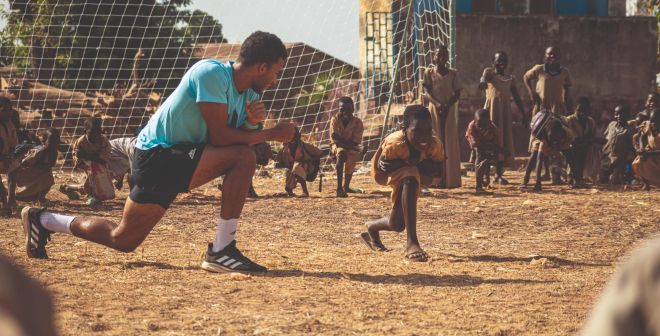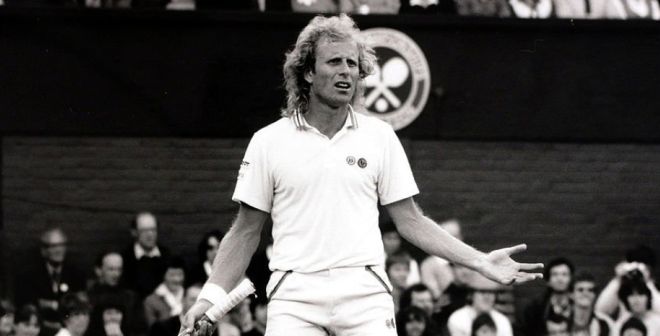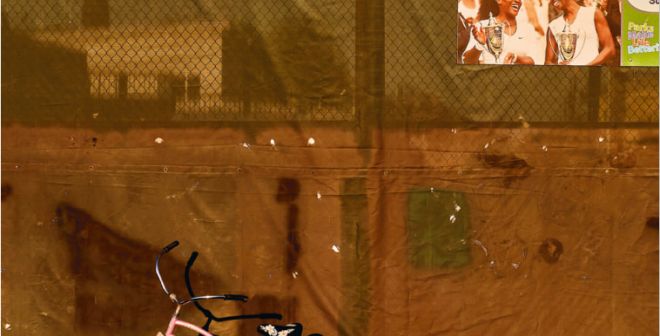Steffi Graf fights for children's mental health
By August 1999, 30-year-old Steffi Graf had won 22 Grand Slam titles, ranked World No. 3, and thought it was time for her to retire. With her husband Andre Agassi, who is also involved in charity and helps underprivileged children in the USA [see 1994], they think that what happens in real life is more important than tennis. The champion who spent 377 weeks as World No. 1 –her record was broken only in February 2022 by Novak Djokovic– partnered with University of Hamburg child psychologist Peter Riedesser to start her own foundation, Children for Tomorrow. It helps refugee children who have been persecuted or traumatised by war. “Meeting these children and hearing about their heart-breaking experiences touched me so deeply I felt compelled to help,” she said in The Guardian in 2018. “We all see the devastation of war in the news. But we don’t see the psychological wounds caused by war. Very often these children cannot ask for help or articulate their pain. A lot of people think that time heals everything, but we see that this is not true at all. The memories don’t go away. As one boy once said to me: ‘I feel as if I’m still on the run.’”
She might also quote studies that prove that experiencing a traumatic event before the age of 11 triples the risks of suffering from post-traumatic stress. Once in Germany, these children are taken care of by psychiatrists, social workers, doctors, and therapeutic artists with whom they can exchange through interpreters and non verbal therapy. “It is much easier for them to express their emotions through music and art,” says Graf. “For children who find themselves in a new country, culture, and language, it’s hard to open up and find words for what they feel. Non-verbal methods help the therapist get through to their inner wounds.”
About 1,200 children are treated in Hamburg every year; the foundation has also opened branches abroad –Eritrea (2006) and Uganda (2009). In 2022, over 20,000 Ukrainian refugees –half of which were children– were taken in by the Hamburg centre. Children for Tomorrow proved how important it was by taking care of these refugees after training and recruiting additional therapists. In 2015, in French magazine Paris Match, Graf talked with emotion about a 16-year old girl who had fled her country with her cousin and her baby after she lost her family. “This young girl was deeply shaken and went through therapy thanks to my foundation. We met afterwards; she had recovered faith in the future. She now wants to become a therapist to help the refugees.”









